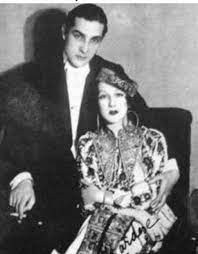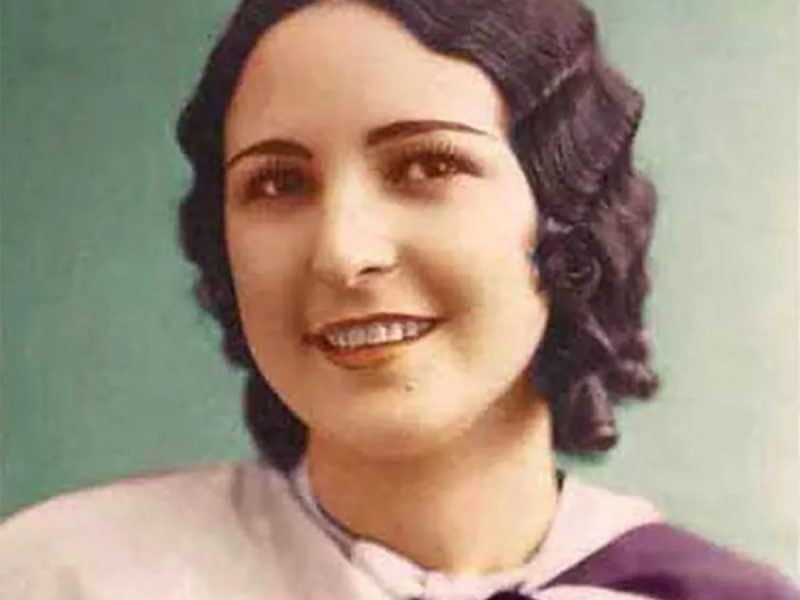Afife Jale, born in 1902 in Kadıköy, Istanbul, holds a pioneering place in Turkish theater history as the first Muslim woman to perform on stage. Her father was Hidayet Bey and her mother Methiye Hanım; she had two siblings, Behiye Hanım and Salâh Bey. She studied at Istanbul Girls’ Industrial School and later passed an exam at Darülbedayi (Istanbul City Theaters) in 1918, a rare opportunity for Muslim women at the time, as they were only allowed to participate in women-only performances.
On April 13, 1919, using the stage name Jale, she broke boundaries by performing the role of Emel in Hüseyin Suat’s play Yamar at the Apollon Cinema. This courageous act made her the first Turkish Muslim woman to appear on stage. She continued to perform in plays like Tatlı Sır and Odalık, often evading police raids due to legal restrictions against Muslim actresses. Despite her talent, societal and legal pressures forced her to part from her family and, eventually, from the stage.

Selahattin Pınar & Afife Jale
Struggles and Resilience
Afife’s passion came at great personal cost. The stress and persecution she endured led to severe headaches, for which a doctor prescribed morphine. Tragically, she developed an addiction that would shadow the rest of her life. Despite this, she toured Anatolia with Burhanettin Tepsi Company and later performed with Fikret Şadi’s Milli Sahne.
In 1923, with the establishment of the Turkish Republic, the new regime lifted the bans on women in theater. Although this was a major victory for women like Afife, her health issues, compounded by morphine dependency, limited her ability to continue performing.
Personal Life and Later Years
Afife met the famous tambour player Selahattin Pınar in 1928 and they married in 1929. Their relationship, however, could not survive her addiction, and they divorced in 1935. Pınar is believed to have composed several heartfelt songs inspired by her, including “Sen Nazlı Çiçek.”
Afife Jale spent her final years at the Bakırköy Mental and Nervous Diseases Hospital, supported by friends from Darülbedayi. She passed away on July 24, 1941, in the hospital’s morphine ward, and was buried at Kazlıçeşme Cemetery.
Legacy
Afife Jale’s groundbreaking career and tragic life have inspired generations. In her honor, the Afife Theater Awards have been organized annually by Yapı Kredi since 1997, celebrating excellence in Turkish theater. Her life has been the subject of various films and documentaries, including:
- Afife Jale (1987) by Şahin Kaygun
- Kilit (2008) by Ceyda Aslı Kılıçkıran
- Yüzyılın Aşkları: Afife ve Selahattin (2003) by Can Dündar
Afife Jale remains a symbol of courage, artistic integrity, and the ongoing struggle for women’s rights in the performing arts.

